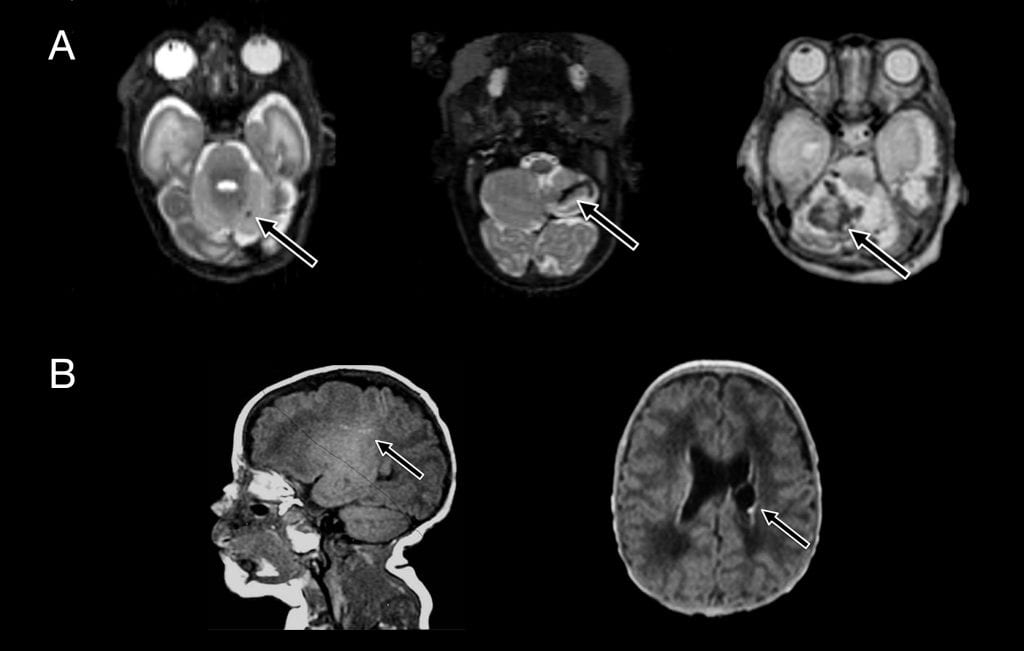A primary concern of parents and neonatologists alike is the long term neurodevelopmental prospects of premature infants. Many of the challenges commonly faced by premature infants, including hypo- and hyperoxia, hypotension, hypercarbia, inflammation, infection and nutritional challenges have been linked to altered brain growth, connectivity and neurodevelopmental delay.

Although formal neurodevelopmental testing when the child has reached at least the age of 2 is the gold standard for prognosis, this is an exceeding long time period and takes a significant emotional toll on the family, as eloquently explained by Pearce and Baardsnes. The term-equivalent MRI offers the potential to provide an early look into future risks and challenges faced by neonates. Although established radiographic scoring systems have achieved exceptional negative predictive value, they remain complex to use and have suboptimal positive predictive values.
Using a extensively developed cohort of preterm infants, we have created a new scoring system for preterm infants which is user-friendly (does not require a neuroradiologist) and incorporates key clinical factors which provide additional prognostic detail beyond what is revealed in the MRI alone. This system has been incorporated into a web-based tool and has been published in manuscript form.